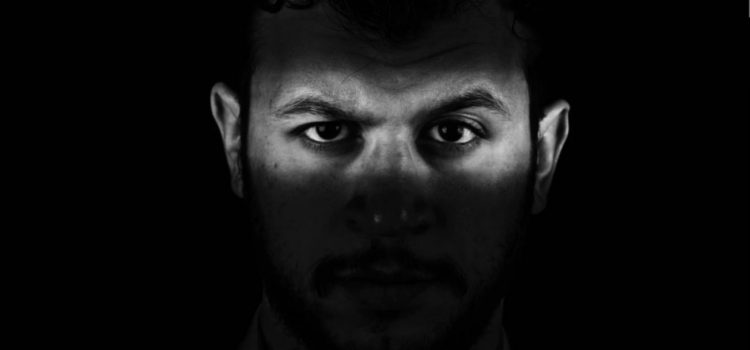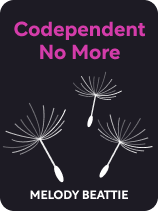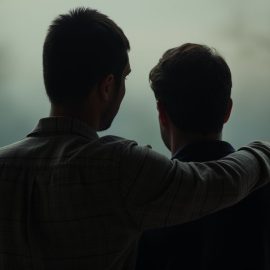

This article is an excerpt from the Shortform book guide to "Codependent No More" by Melody Beattie. Shortform has the world's best summaries and analyses of books you should be reading.
Like this article? Sign up for a free trial here .
Do you struggle to control your anger? How can anger be used as a tool?
In her book Codependent No More, self-help author Melody Beattie discusses the importance of anger and how to handle it in a way that won’t cause damage to yourself and others. Anger is a natural emotion and isn’t bad unless you try to repress it.
Keep reading to learn how to deal with anger properly.
The Importance of Anger
Healthily processing all emotions is important, but Beattie maintains that anger is one of the most important emotions to handle properly. (Shortform note: It’s important to deal with anger because it sparks aggression, an evolutionary remnant of when fight or flight were the only options to survive. In the modern day, the increase in blood pressure and adrenaline that come with anger are usually maladaptive instead of helpful, as they can damage your health and relationships.)
Beattie warns that you may find yourself acting in uncharacteristic and damaging ways because of repressed anger. If you repressed your anger well enough, you might not even understand why you’re acting the way you are. Let’s look at an example:
Mindy is generally a very kind and helpful individual. However, recently she’s been snapping at people over small problems. Mindy doesn’t know what’s wrong with her or why she feels this way. The truth is, Mindy got into an argument with her husband several weeks ago. It was brief, but only because Mindy was repressing her anger. She didn’t allow herself to be angry, but repressing it made it attack innocent people. If Mindy had expressed her anger initially, the argument might have lasted longer, she would have avoided the long-term issues.
Anger can tell you important things about yourself and your situation, Beattie adds. When handled correctly, anger is a tool.
(Shortform note: Daniel Goleman provides some ideas of what to do when you or someone else is angry in Emotional Intelligence. He suggests providing a pleasant distraction, practicing relaxation techniques like breathing exercises, and shifting your mentality in a more positive direction.)
| The Connection Between Anger and Hot Cognition Why does anger make you act in uncharacteristic ways? Beattie doesn’t say, but it’s because when you’re experiencing negative emotions like anger, hot cognition takes over. Hot and cold cognition are two types of thinking. The first is influenced by instinct, emotions, and social situations, while the second is based on logic and reasoning. These different kinds of thinking are managed by different parts of the brain. Over-reliance on emotionally-charged hot cognition causes recklessness and impulsivity; it prevents cold cognition’s logic and reasoning. This is the cause of Mindy’s outbursts and uncharacteristic behavior. Suppressing anger or other negative emotions doesn’t stop them from disrupting cold cognition; in fact, it makes it more difficult to solve the problem. You must process your negative emotions to re-enable your cold cognition. When processed, anger can activate your hot cognition in a good way. Because hot cognition relies on instinct, it keeps you safe in dangerous situations. If you handle them correctly, anger and hot cognition are valuable tools for navigating life. |

———End of Preview———
Like what you just read? Read the rest of the world's best book summary and analysis of Melody Beattie's "Codependent No More" at Shortform .
Here's what you'll find in our full Codependent No More summary :
- What inspired codependency 12 Step Programs around the country
- Explanations, advice, and compassion for people struggling with codependency
- How to practice detachment, self-care, and personal responsibility






